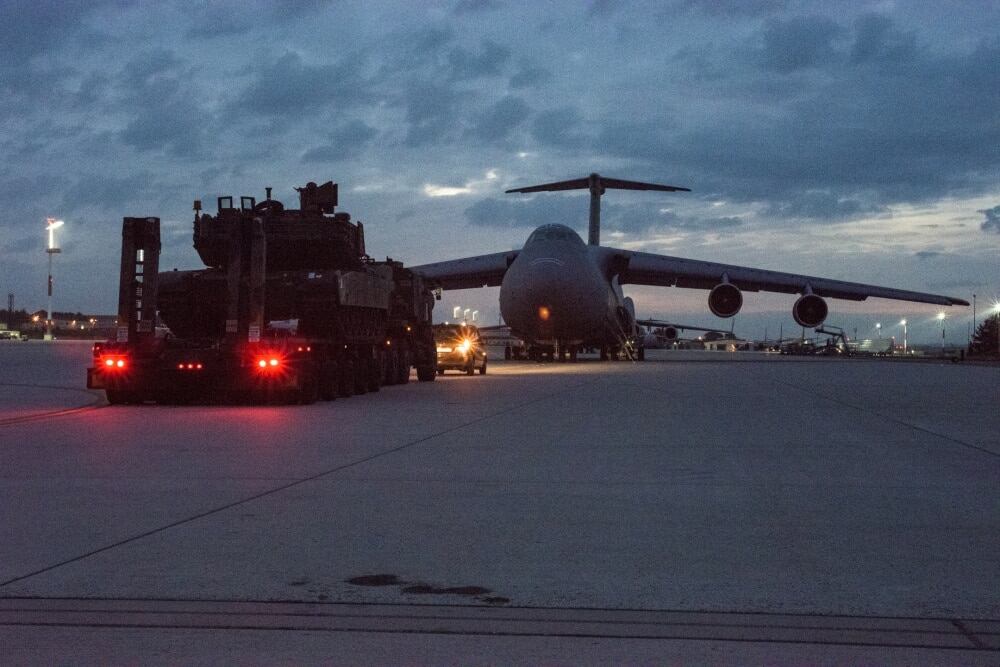A new report by the U.S. Army War College has found that basing soldiers overseas would be more cost effective than rotating units in from the United States.
The study by War College professor John Deni — titled "Rotational Deployments vs. Forward Stationing" — examines the cost of unit rotations in Europe and South Korea over several years, finding that the decades-old Department of Defense policy of troop rotations is inefficient, according to Stars and Stripes.
The report also finds that troop rotations may have an effect on morale, according to Stripes. Units deployed to Europe and South Korea have lower levels of re-enlistment.
During a talk on his latest research at the Atlantic Council on Wednesday, Deni argued that the Army should base an additional armored unit in both Europe and South Korea with aviation and logistical support forces, according to Stripes' report.
"We’ve got some actual hard data now," Deni said, Stripes reported. "There seems to be universal agreement that the rotational modal has cost us more than it would to forward station an [armored brigade combat team]."

Soldiers from the 1st Brigade, 3rd Infantry Division and Airmen from Ramstein Air Force base load M1A2 Abrams Main Battle Tanks onto an Air Mobility Command C-17 Globemaster cargo plane from McChord Air Force Base, Wash. U.S. Army Europe is deployed two M1s to Bulgaria in support of exercise Speed and Power, June 22, 2015.
Photo Credit: Tony Sweeney/Army
The report finds that it costs $135 million more annually to maintain a continuous rotating force of armored units in Europe than it would to have one based in Germany, according to Stripes. The cost estimate was based upon actual numbers of armored units from Fort Hood, Texas, rotating to Europe.
In addition to cutting costs, Deni argues that basing units in Europe and South Korea would also demonstrate a strong commitment to America’s regional allies, according to Stripes.
An armored brigade rotating to Europe costs $1.19 billion while the same unit based in Germany would only cost $1.05 billion, according to the report.





